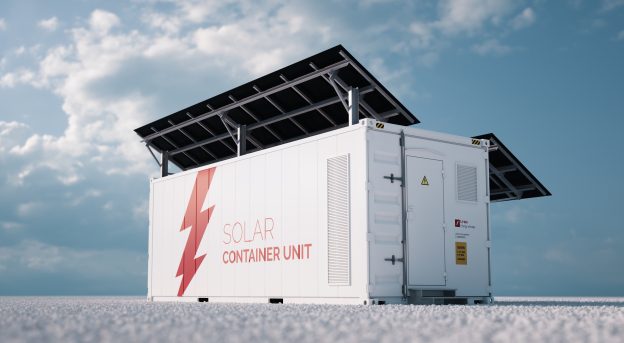The sales volume of the global electric vehicle market exceeded 2 million units in the first quarter, with an annual growth rate of 70.7%. Driven by the sales of electric vehicles, the cost of required battery materials such as lithium iron phosphate also increased. KGI Future Mobility Fund manager, Shao-Rong Feng said, the sales strength of electric vehicles has stimulated the emergence of bullishness in the supply chain, especially the application of new energy core materials, as well as manufacturers focusing on the production of lithium battery materials. According to Researcher and research statistics, the sales volume of the global electric vehicle market exceeded 2 million units in the first quarter, with an annual growth rate of 70.7%. China is the world's largest electric vehicle country by sales, with an annual growth rate of 145%, and market share increased YoY from 39.4% in 2011 to 56.5% in 2022.
KGI Future Mobility Fund manager, Shao-Rong Feng said, although international war and lockdowns of Chinese cities have had an impact on the auto industry, such as raw material price hikes, factory closures, etc., and have severely damaged the supply chain, as countries implement carbon reduction policies to promote electric vehicles, advances in technological software and hardware equipment and power storage technology have driven the increase in demand in the global auto market and auto production has gradually bottomed out. Coupled with the blossoming of global electric vehicle models, available models next year may exceed 100 and the penetration rate of electric vehicles is expected to continue to increase.
Driven by the sales of electric vehicles, a relevant supply chain has emerged and pricing for battery materials such as lithium iron phosphate required for electric vehicles have also risen. According to the latest data from Researcher and research, the proportion of lithium iron phosphate batteries used in global electric vehicles reached a record high of 19.2% in March this year.
Shao-Rong Feng pointed out that the recent increase in oil prices has impacted the sales of traditional fuel vehicles. In contrast, this year, various electric vehicle manufacturers have benefited from the integration of global carbon reduction and new energy subsidy measures, technology applications, etc., which have driven the sales of electric vehicles and stimulated the electric vehicle industry. A bullish supply chain has emerged, continuously driving the proportion of lithium iron phosphate batteries used in electric vehicles.
Shao-Rong Feng theorized that the manufacturers that apply new energy core materials and focus on the production of lithium battery materials have an opportunity to get on the industry bandwagon and this type of industry is also an investment target for future mobility funds.
Due to the US Federal Reserve adjusting its monetary policy, geopolitical changes, and spiking raw material prices, systemic risks in the overall market has increased significantly. Shao-Rong Feng pointed out that in the future, KGI Future Mobility Fund will adopt a gradual investment method and continue to collect future mobility targets with growth momentum in various industries around the world as the core investment allocation for long-term investment and strive for more potential for profitable growth for investors.
(Image:Shutterstock)







